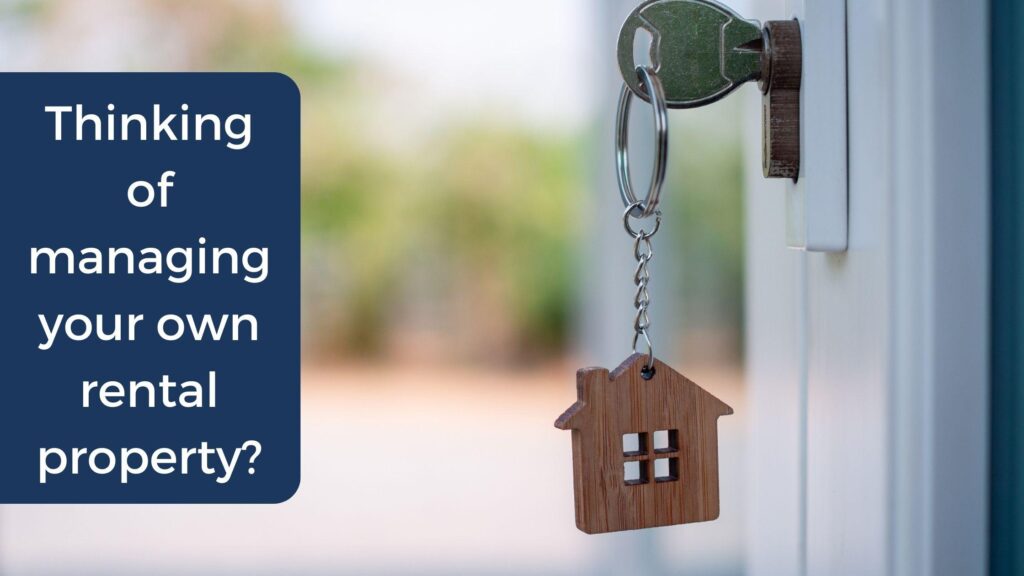You’ve just purchased an investment property or you’re moving and want to rent out your existing home, so what comes next?
It’s time to make the property work for you and produce an income. To do this you’ll need to find some quality tenants and set up a lease. The options here are to get a property manager or do it yourself.
You can pay a property manager to take the hassle out of the whole process. In some ways this can be the easiest way as there are all sorts of perks to doing this, but of course, it comes at a cost.
Alternatively, you can choose to manage the property yourself. If this is the route you are going down then here are some pointers.
Understand the rules (and law)
There are certain areas that need to be addressed such as:
- How and when do repairs need to be completed?
- Who pays the utility charges?
- What kind of notice is required before an inspection?
The regulations vary with each state or territory’s Residential Tenancies Act. The rights of both tenants and landlords are protected by these laws and you’ll need to have a good understanding of them if you plan to manage your own investment property.
Prepare the paperwork
- A lease: usually a fixed term for 6 or 12 months.
- The bond: an upfront payment by the tenant (usually four weeks rent) paid in advance as security and may be used for rent owed or damage, this has to be held by the governing authority in your state or territory.
- The condition report: ensure that you take note of the condition of the property before the tenant moves in. Documented correctly this can serve as evidence if the tenant damages the property. You need also to allow your tenant to submit a condition report once they get the keys. Be sure to take photos.
How much rent to charge
To get an idea of how much to charge for rent, you could:
- Ask us for a suburb and property report to find out what the going rates are.
- Check out websites like www.realestate.com.au and www.domain.com.au
- Ask a local real estate agent for advice.
Use quality photographs in the listing. There are photographers that specialise in real estate photography if you need assistance.
Remember to include any stipulations about pets and/or smoking.
Finding good tenants
Getting good quality tenants comes down to how well you screen the potential them, check out these tips on screening candidates.
You’ll need to verify their ID and income (such as their most recent payslips and/or a bank statement highlighting their income), verify their references and investigate their previous rental history.
There are online tenant (renter) databases that allow you to check whether candidates have been ‘blacklisted’ by previous landlords. You can find more information on these below, but ensure that you are aware of the privacy laws for using the information:
Get renting
Once you find the right tenant, file all the necessary paperwork, lodge the bond and start collecting the rent. Keep in mind that each state or territory may have different requirements, so do your research.
Look into landlord software apps, which can help make your life easier with things like rent tracking and expense management.
Inspect
It’s a good idea to organise regular inspections to ensure your property is being looked after. Rules may differ depending on location, so again, make sure you do your research.
A big tip is to be meticulous about your record-keeping and documentation. It’s a good idea to keep a detailed record of all interactions with the tenant, as these can help protect you should issues arise.
Are you ready?
As you can see, there’s a bit involved with managing your own investment property. However, if you want to have complete control over your property and save yourself the commission you’d pay a property manager, it may be the way to go.
We are here to help with any questions you have, so get in touch today.

